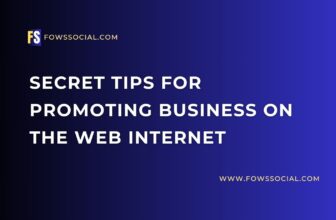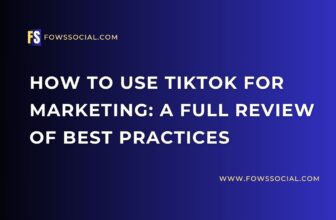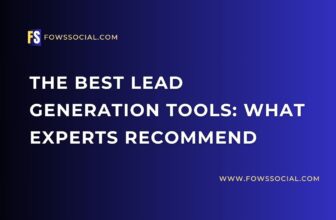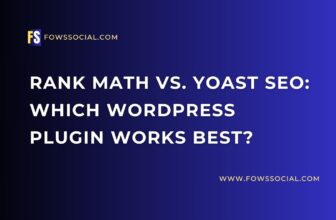In the realm of digital marketing, Facebook Ads and Google Ads are the top contenders for online advertising dominance. Businesses have the chance to connect with their desired audience and boost conversions on both platforms, but the ultimate question is: which one provides a superior return on investment (ROI)?
In order to address this question, we need to first grasp the fundamental distinctions between Facebook Ads and Google Ads. Facebook Ads, as their name suggests, enable businesses to promote their products or services on the widely-used social media platform. With a staggering 2.8 billion monthly active users, Facebook offers a vast audience for advertisers to reach based on factors such as demographics, interests, and behaviors.
Google Ads function within the Google search engine and display network, appearing in search results, websites, and Google-owned platforms like YouTube. These ads are targeted based on keywords, enabling businesses to reach users searching for specific terms.
Let’s now explore the factors that impact ROI for Facebook Ads and Google Ads.
Goal Setting Options
Facebook Ads excel in their targeting capabilities, allowing businesses to create highly specific and personalized ad campaigns by targeting users based on age, gender, location, interests, and behaviors. This level of targeting results in better reach and engagement with the intended audience.
Google Ads prioritize keyword targeting, unlike Facebook which offers more granular targeting options. Although Google Ads may not be as specific, they are effective in reaching users actively seeking products or services, as these users typically have higher intent when searching for information or solutions.
Cost is a significant determinant of ROI for Facebook Ads and Google Ads. The CPC and CPA can fluctuate depending on competition, industry, and targeting variables.
Overall, Facebook Ads are usually a more budget-friendly option for businesses with smaller budgets or those trying to reach a larger audience. The average CPC on Facebook is typically lower than on Google Ads, making it a more cost-effective choice for businesses aiming to boost their brand recognition.
Google Ads can be costly as a result of fierce keyword bidding competition, particularly for businesses in highly competitive sectors. This can result in a higher cost per click, potentially affecting the overall return on investment of their advertising campaigns. Nonetheless, the increased user intent on Google can lead to higher conversion rates and improved ROI in certain scenarios.
Ad Format and Creativity
The ad format and creativity of Facebook Ads and Google Ads can also impact ROI. Facebook Ads offer a range of visually appealing options such as images, videos, carousels, and slideshows, which can attract user attention and increase engagement with the ad.
Google Ads are more focused on text-based advertising and are less visually appealing compared to Facebook. While businesses can utilize ad extensions and formats like video ads on YouTube, the creative possibilities for Google Ads are somewhat restricted. As a result, this limitation could affect the click-through rate and conversion rate of ads on Google.
Monitoring and Data Analysis
Effective measurement and analysis are essential in evaluating the return on investment of marketing endeavors across Facebook Ads and Google Ads. Facebook provides comprehensive data on ad performance including reach, engagement, conversions, and cost per result. This information allows businesses to monitor campaign effectiveness and make necessary modifications to maximize ROI.
Google Ads offers comprehensive tracking and analytics tools, such as conversion tracking, remarketing, and detailed performance reports. This enables businesses to monitor the entire customer journey from ad click to conversion, evaluate the impact of their ads on conversions, and make data-driven decisions to optimize ad campaigns for improved ROI.
The choice between Facebook Ads and Google Ads for achieving better ROI is not straightforward, as it relies on the business’s goals, target audience, budget, and industry.
Businesses seeking to enhance brand recognition and target a larger audience may benefit from using Facebook Ads, which provide more customized targeting options and cost-effective pricing. Conversely, businesses targeting users with strong purchase intent and larger budgets may see a greater return on investment with Google Ads, as they cater to individuals actively searching for specific products or services.
In summary, achieving maximum ROI on Facebook Ads and Google Ads requires a deep understanding of the strengths and weaknesses of each platform. By utilizing the unique features of both, businesses can effectively reach and engage with the target audience. Through continuous testing and optimization of ad campaigns, businesses can improve their ROI and achieve success in their online advertising endeavors.








